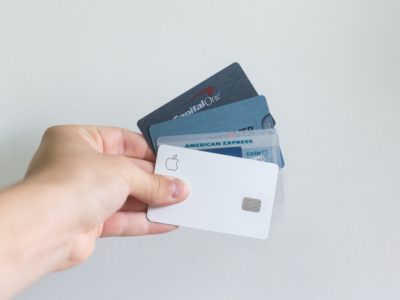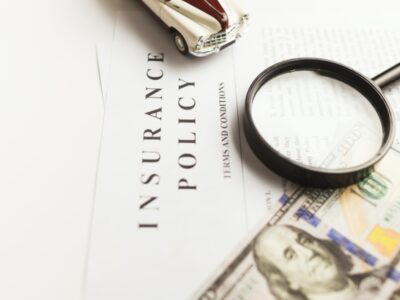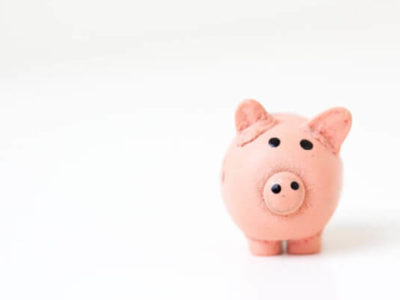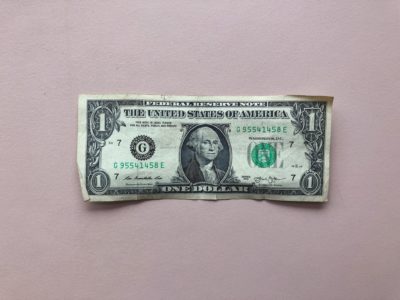Getting that first credit card is an essential part of “adulting.” We always heard about credit cards and credit scores in the past, and now they’re quickly becoming a reality. Before actually settling on a first credit card, you must consider numerous factors, like what kind to get, what additional fees you’ll need to pay and which card offers the best rewards. The idea of getting a first credit card can seem intimidating and confusing at first, but CM is here to help.
Here are 8 tips on what to look for in a first credit card.
1. Be Aware of Annual Fees
An annual fee is simply a certain amount of money you must pay just for having a credit card. People might look down on the idea of having to pay additional money for having a credit card. But if a credit card carries an annual fee, there’s usually a good reason for it. For example, a card with a high annual fee will come with more reward benefits. For people who love to travel, rewards like mileage points and travel bonuses can definitely be something to look for. “I am pretty sure my dad built up enough air miles and was able to get a free flight,” said Reilly Burton, a junior at PSU. If you spend enough money on the card, the rewards you earn could offset that annual fee amount. Cards with an annual fee can be beneficial for two types of people: someone with bad credit (or no credit at all) and people who are looking for good rewards. However, people generally like to avoid annual fees.
2. Have a Steady Means of Paying Your Bill
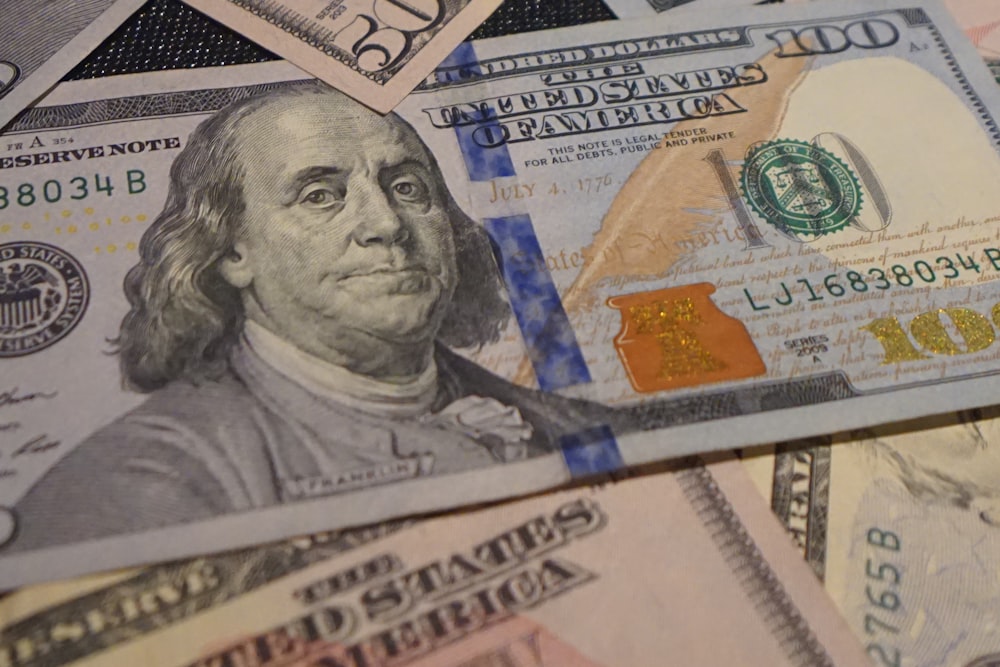
Paying your credit card bill at the end of the month is one of the most important things when it comes to building your credit score. When you apply for that first credit card, the bank will usually have you verify an income. They want to ensure that you have the means to repay the balance each month. Federal law requires that any adult under the age of 21 have a source of income in order to be approved for a credit card without a cosigner. “My college son at PSU has a Discover card, and I thought he would be able to build his credit. But because I am the primary payer, he still has no credit of his own,” said Kristin, an employee from BB&T Bank. Be aware that if your parents are paying your bill at the end of the month, your credit is not actually going to be built up. Maybe now is also a good time to get that first part-time job along with your first credit card!
3. Consider Getting a Secured Credit Card
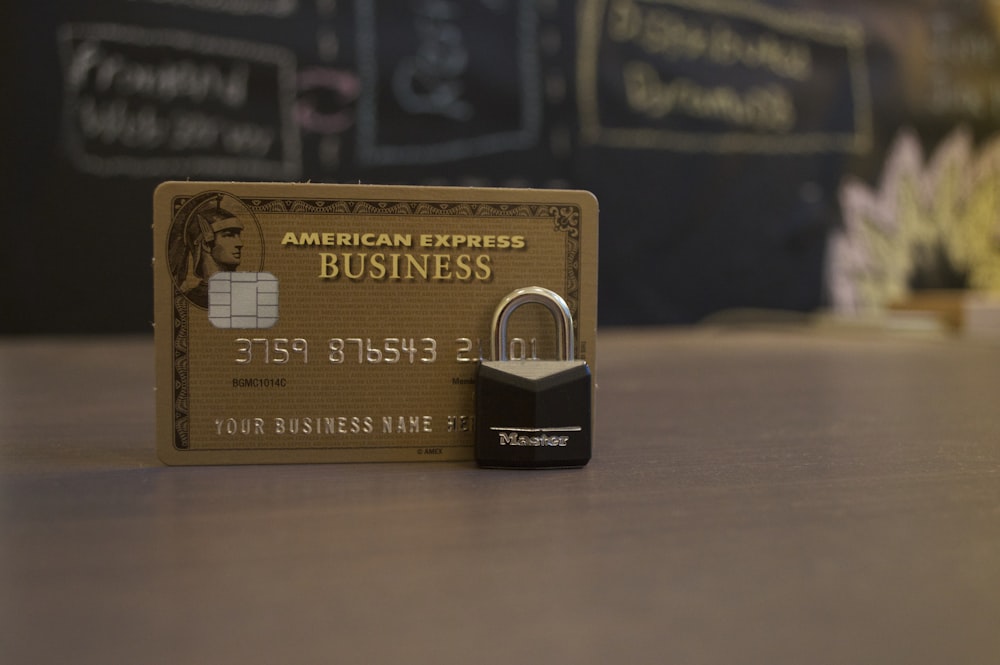
A secured credit card can be a good option to consider for a first credit card. When you apply for a secured credit card, you must put down a security deposit. That deposit now acts as your credit limit. This deposit also gives lenders confidence that you’ll pay them back, making a secured credit card a good option for someone with either bad credit history or no credit history at all. “I recommend getting a secured credit card because it is good for someone who has no credit history at all,” said Kristin. “You want to build your credit with a secured credit card.” As long as you pay your bills on time, you can eventually switch to an unsecured card!
4. Avoid Cards That Require Good Credit
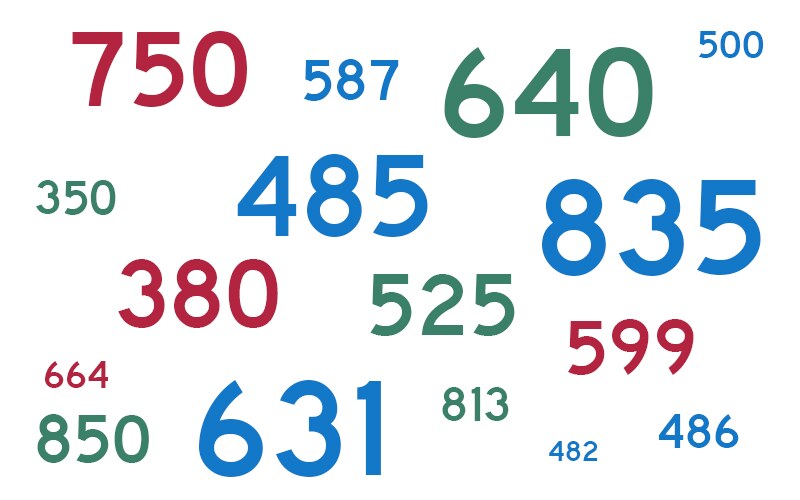
When you first apply for a first credit card, chances are you’re starting out with no credit history. Lenders might be wary to accept people with no credit score because they don’t know if they can rely on you to pay off your balance. Being denied a credit card won’t actually affect your score; however, hard inquiries (lenders looking into your credit history) will. Lenders usually perform hard inquiries when an individual wants to apply for bigger things such as a house or car. Hard inquiries can impact your score in a negative way because they can add up to numerous new accounts. If an individual is opening multiple credit accounts, it can mean they’re overspending or having trouble paying bills. Make sure to apply for a first credit card that is within the limit of your credit history or you’ll end up with hard inquiries as well as rejections.
5. Decide What you Want to Use the Card For

Knowing how exactly you plan to use your credit card is essential because once you figure it out, you can choose different routes going forward. You can use your card for small purchases like that cute outfit you’ve been eyeing or for bigger purchases like a car. It doesn’t matter what you decide to use the card for. Having the money to repay the balance is the single most important thing. You may decide to pay the balance off at the end of each month, or you may choose to spread the payments out over time. “I just pay off my credit at the end of each month because I try to only put small purchases like groceries on my credit card,” said Reilly Burton, a junior at Penn State University “If I see that my credit balance is getting into the hundreds, I get nervous because I need to make sure I can afford to pay the bill.” If you pay off the balance in full at the end of each month, taking advantage of the interest-free period is a good idea so you won’t be charged any extra money over time. If you plan on using the card for borrowing, however, interest will be something you will need to deal with. You might want to choose a card with a lower interest rate, while still making sure you can afford a regular payment.
6. Look for a Card with Cashback and Rewards
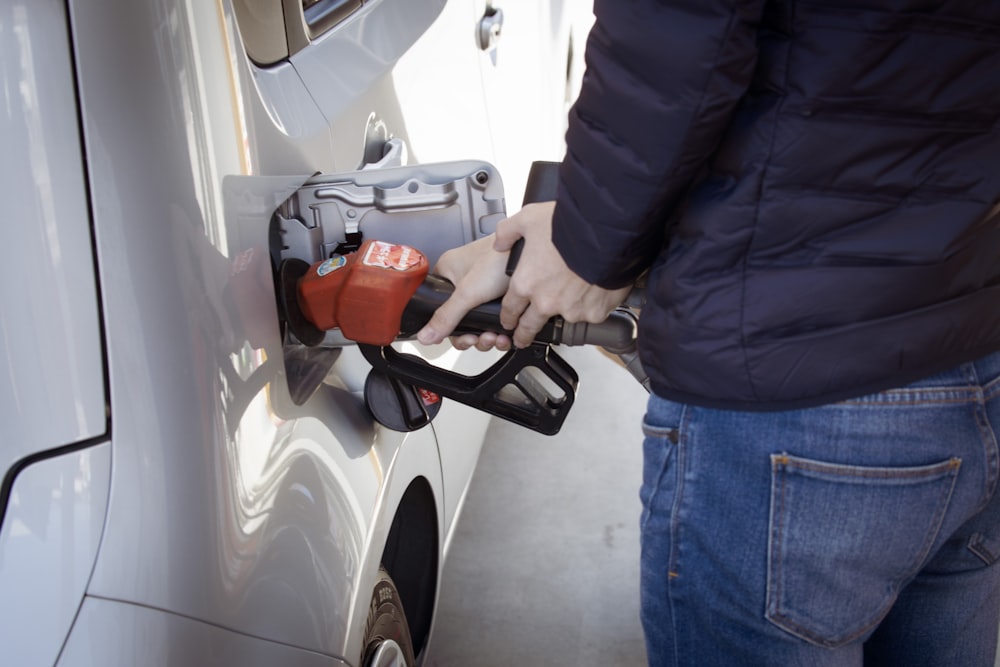
Who doesn’t like to save money? The answer is surely no one. Getting a credit card that offers cashback is great because for certain purchases you can get a certain percentage of money back. “I love the cashback. Every time I get gas I get about three percent cashback,” said Kristin. Common places that offer great cashback on purchases include groceries, pharmacies and even gas stations. You can get money back every time you fill your car up with gas as well!
7. Be Aware of the Fine Print

People usually gloss right over the fine print. However, credit cards are definitely not something to just skim over. The fine print in a credit card will tell you about any additional fees or rates. The fine print will also tell you about how much you’ll be charged if you make a late payment. Sometimes there’s a heavy penalty rate as high as 30 percent, so read carefully.
8. Find a Bank with Good Customer Service

Chances are you’ll need to reach out to your bank with any questions or concerns with your first card. The likelihood of having to call customer service a few times a year is pretty high. Whether you have a simple question or not, speaking to someone who knows exactly what they’re doing is important. Good customer service always matters, but it’s even more important with something as major as a first credit card. Look for credit card companies that have user-friendly websites and an easy way to contact an actual person and not an automated service. If the bank offers a mobile banking app, that’s a major plus. “I love having a banking app because I can check exactly how much money I can spend wherever I am,” said Sophia Melocchi, a junior at Penn State University. PNC Bank offers a great mobile banking app that as well as an easy website to use. Whatever route you choose to go for when it comes to a first credit card, be prepared and be aware!

